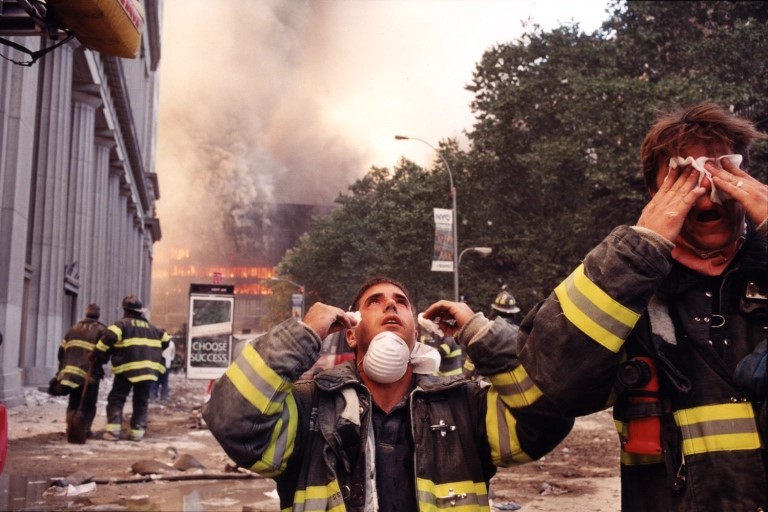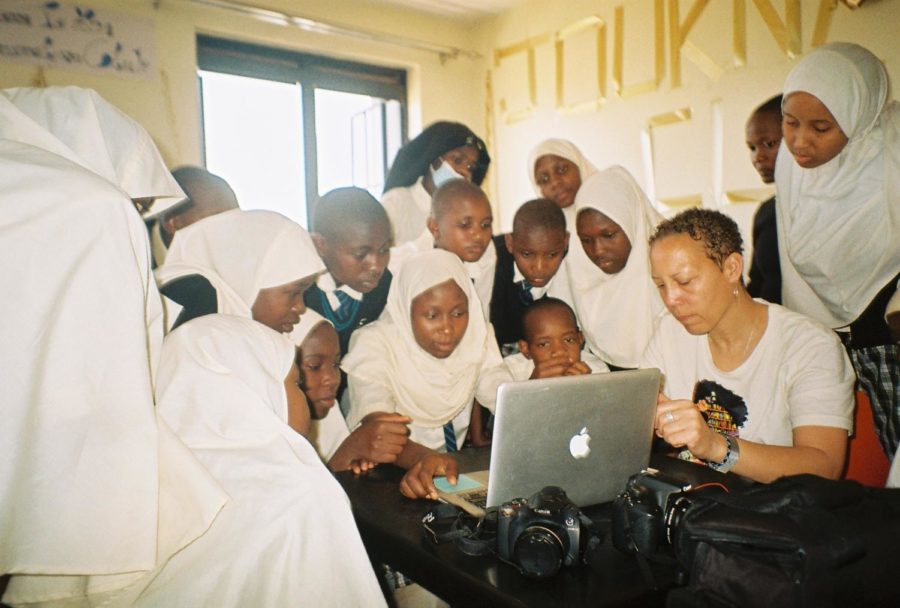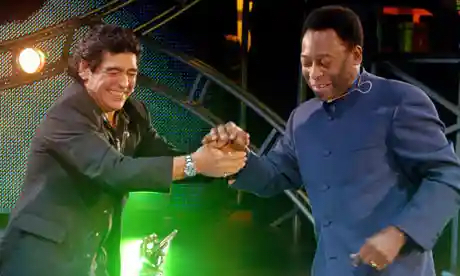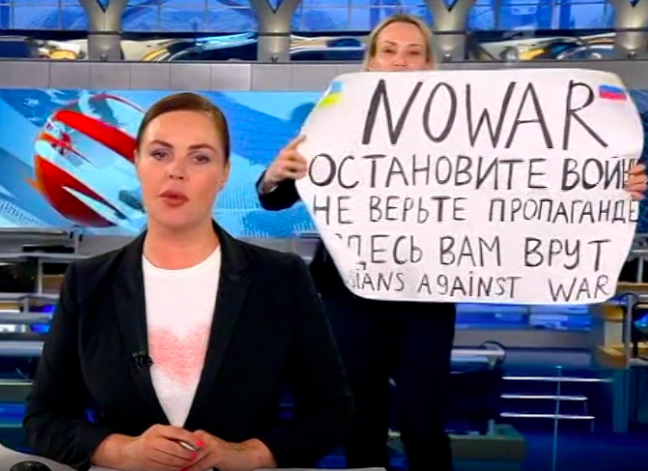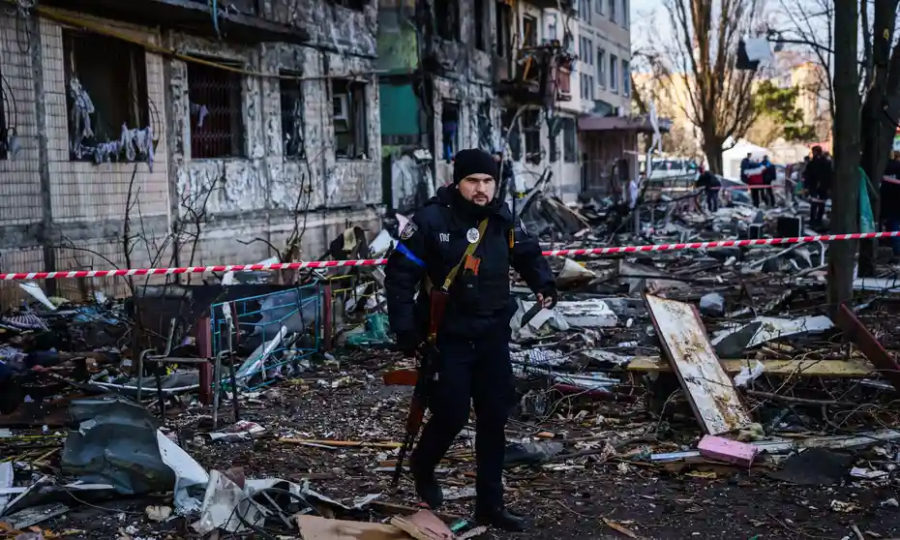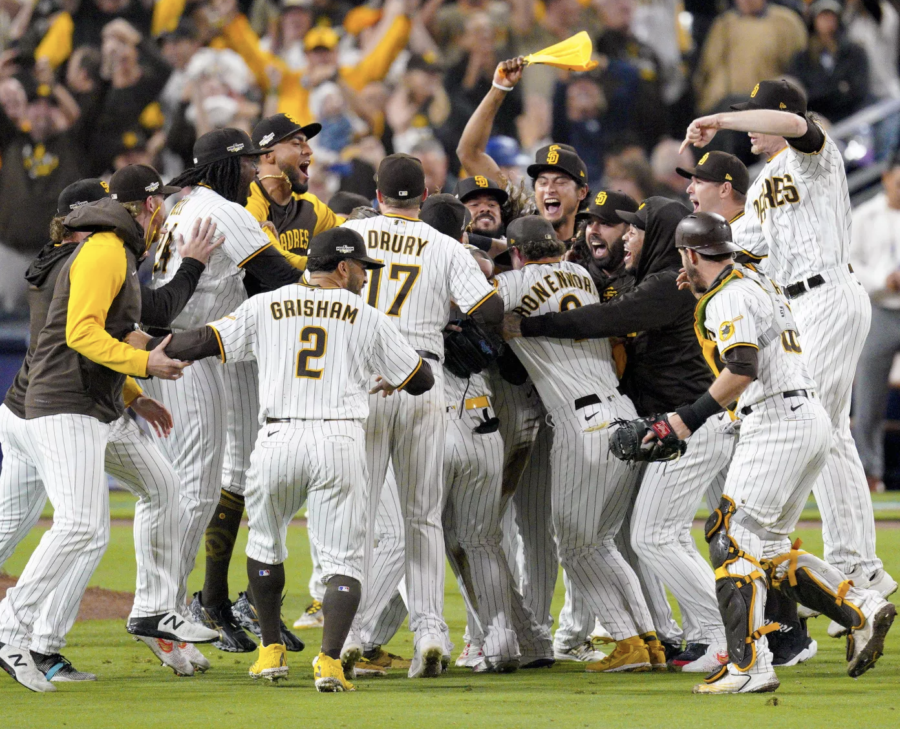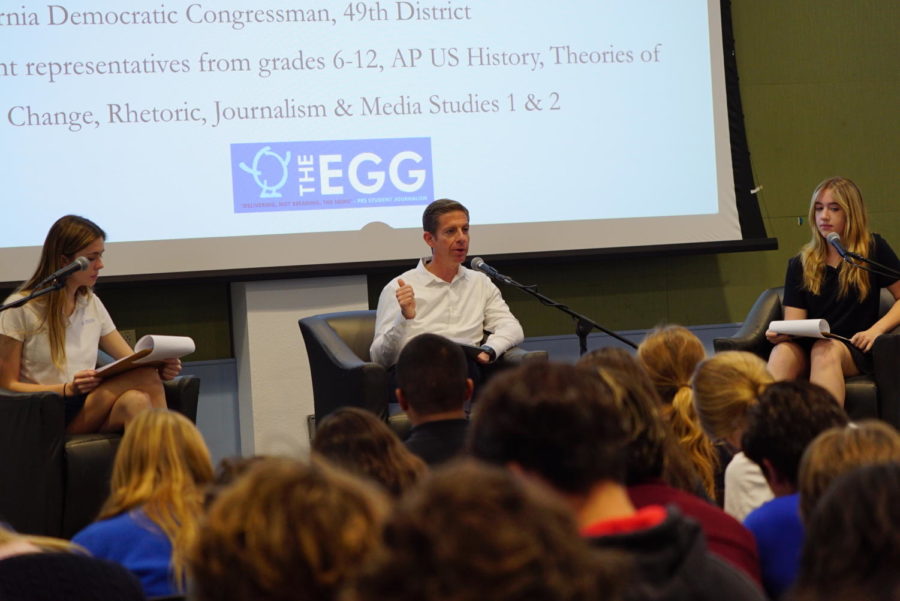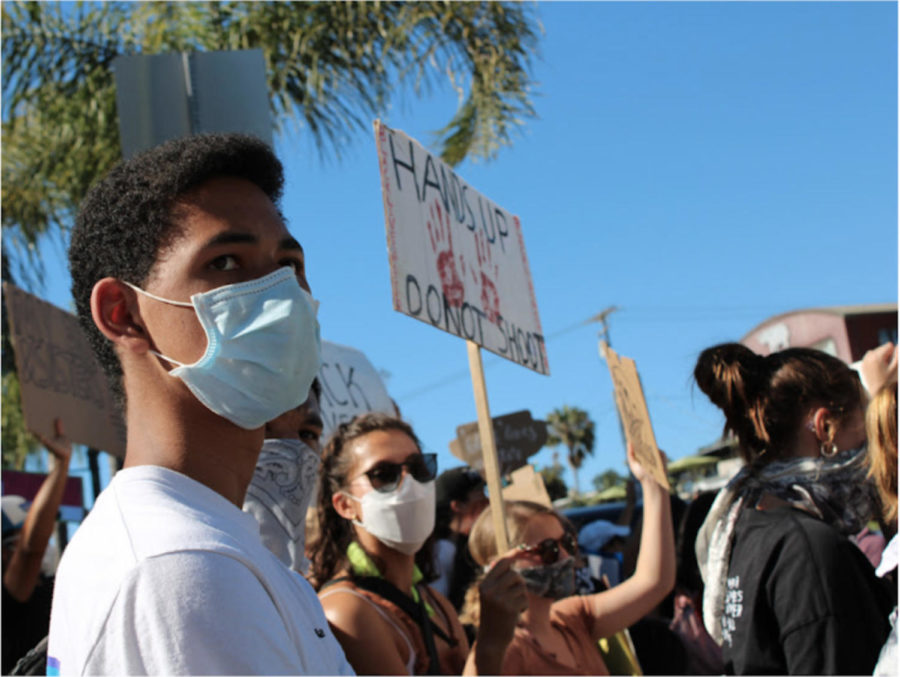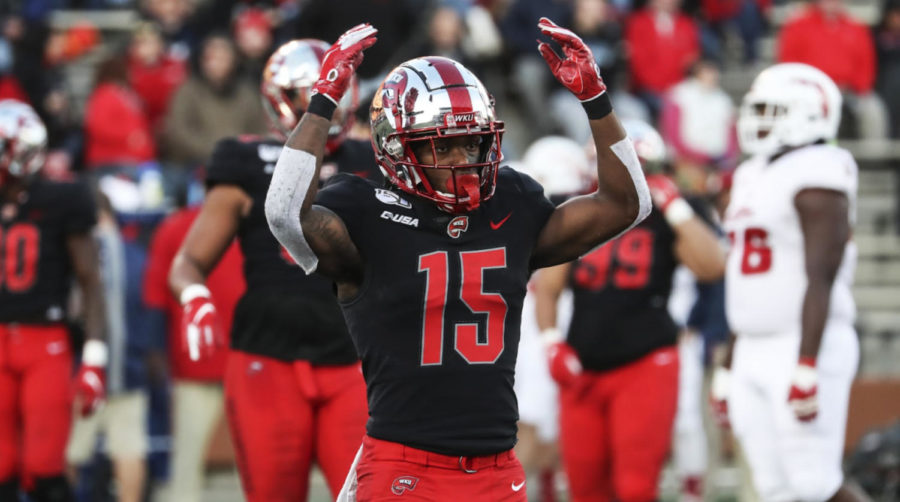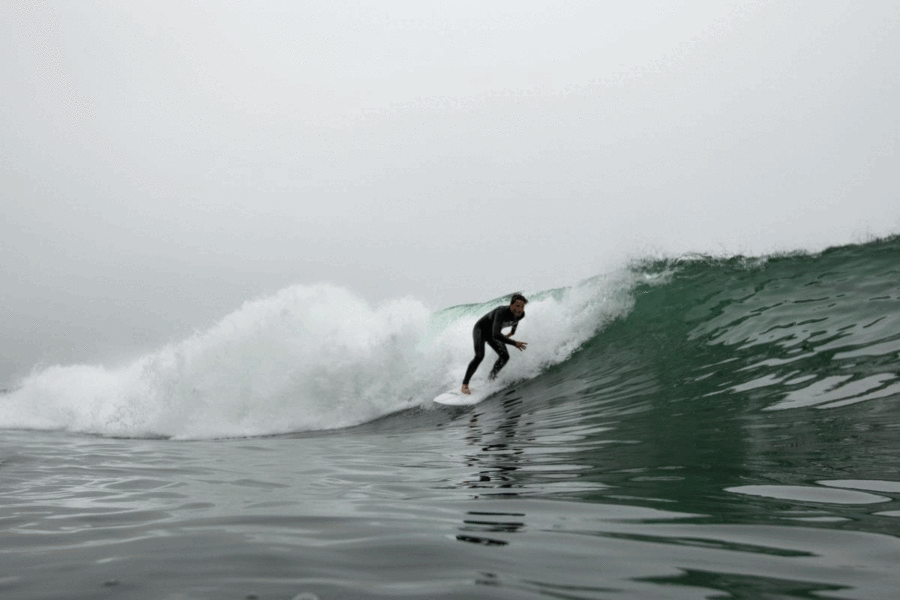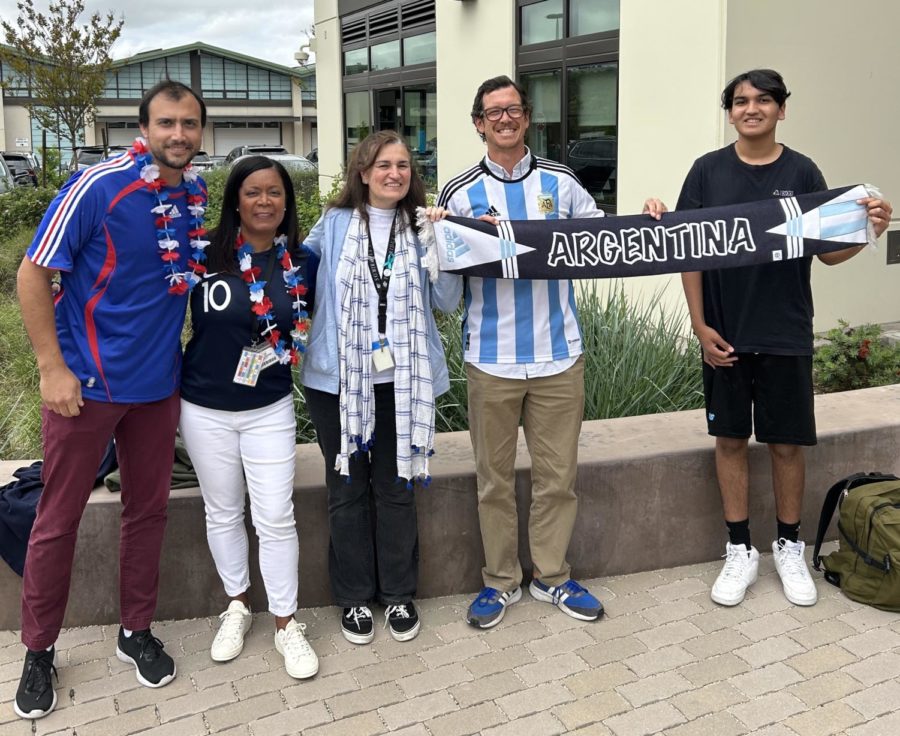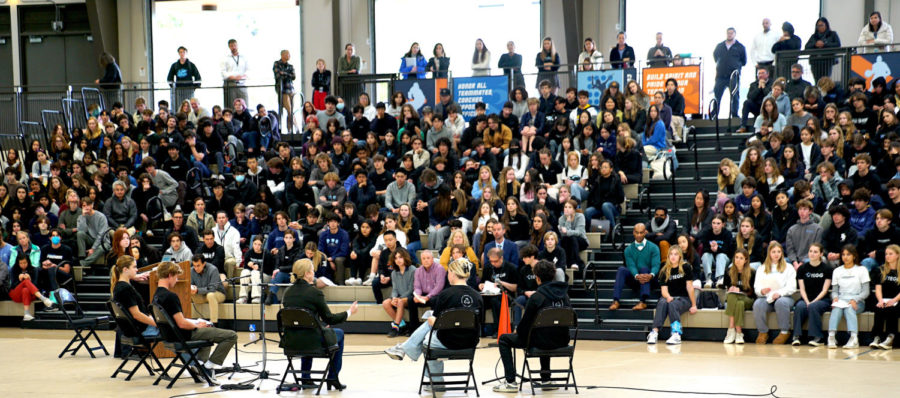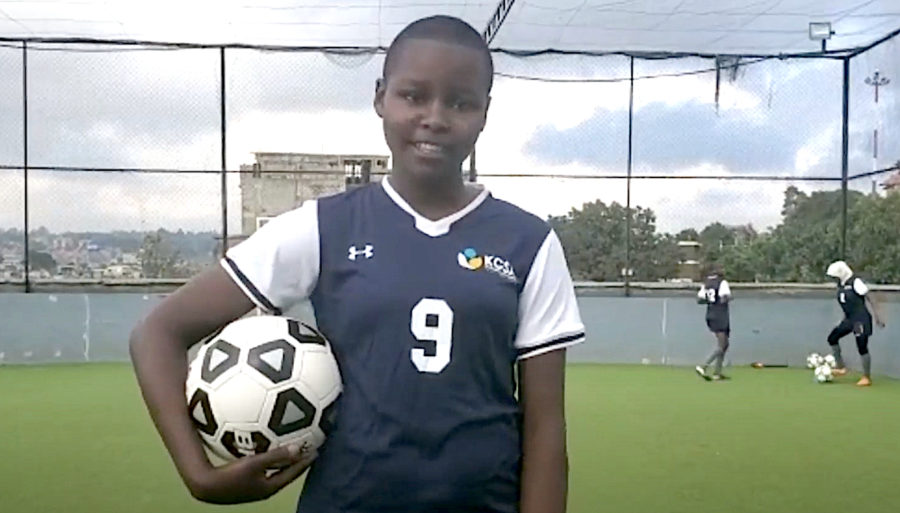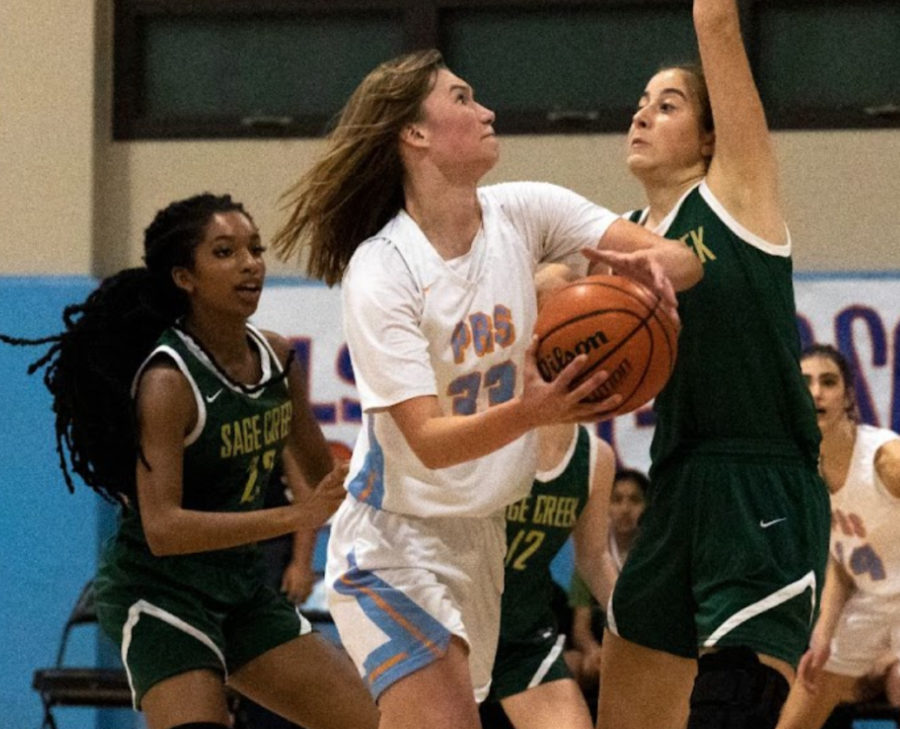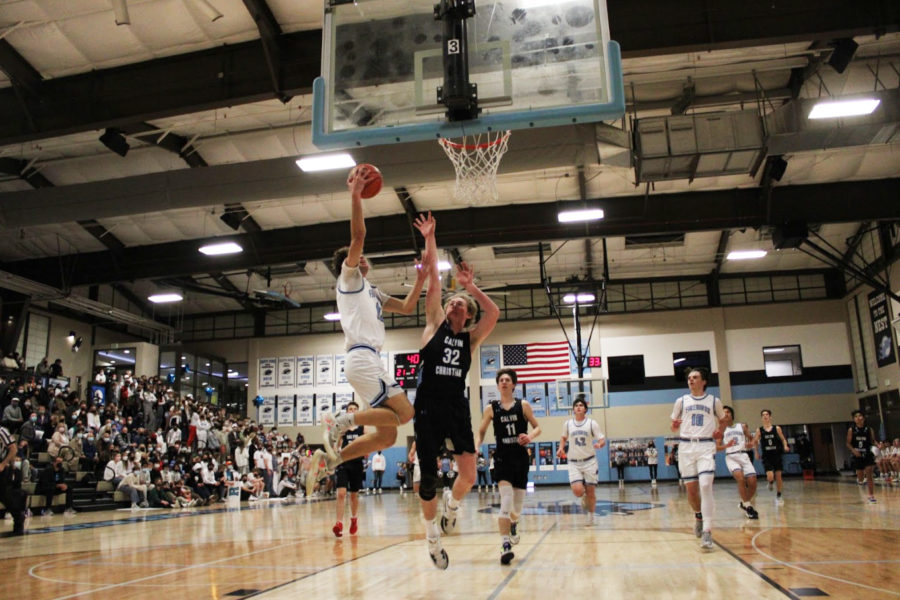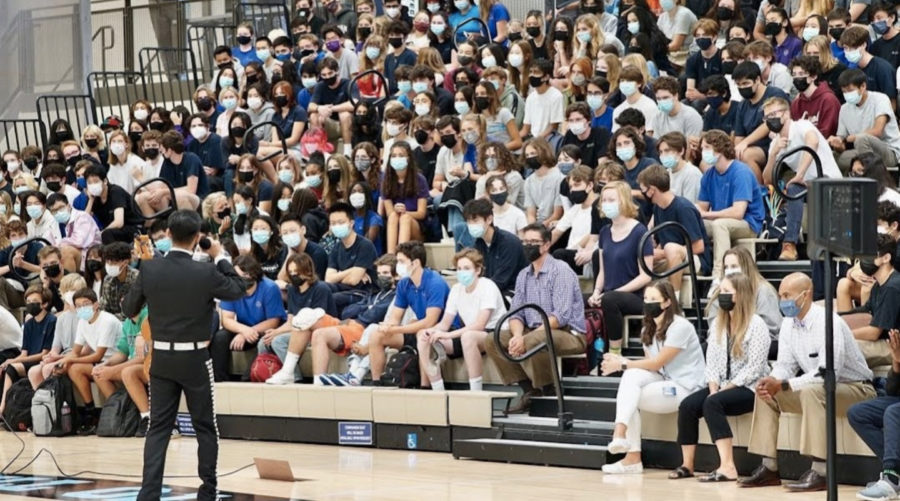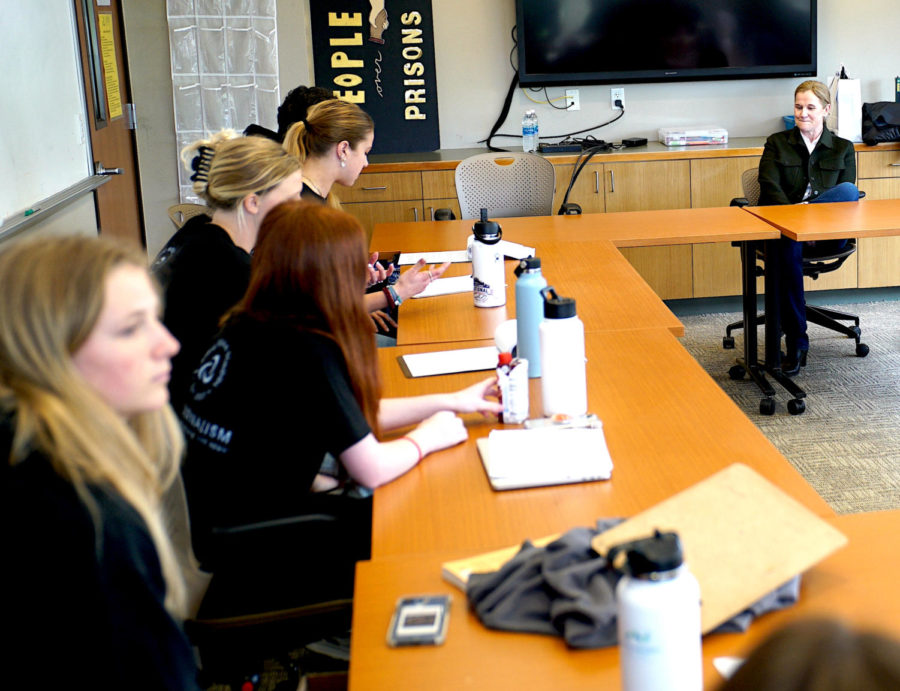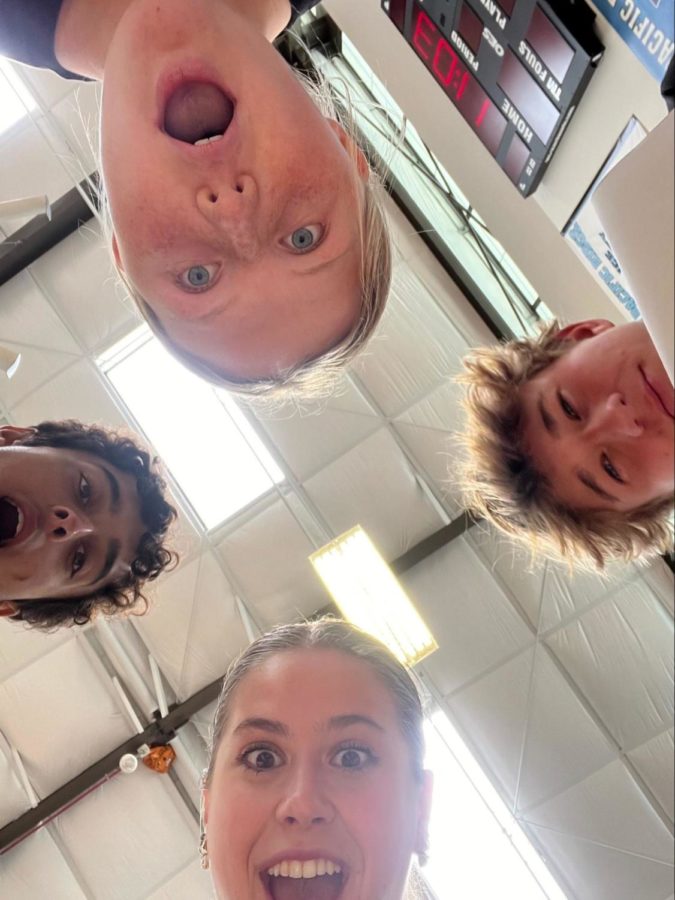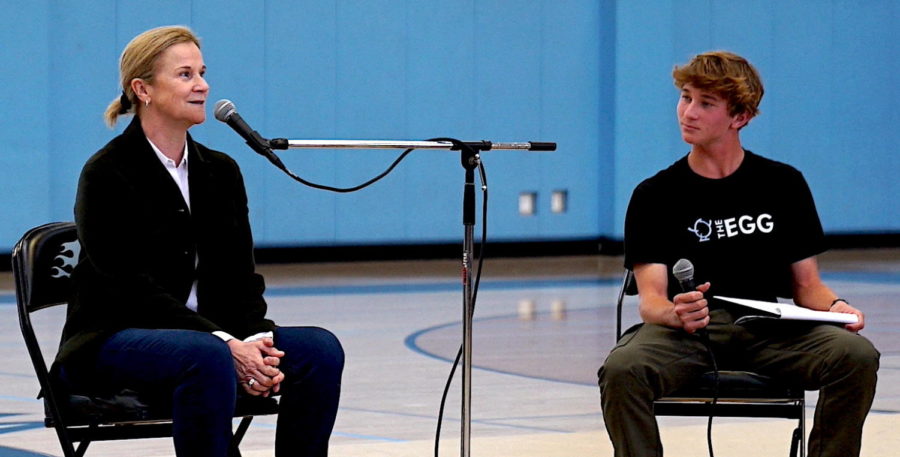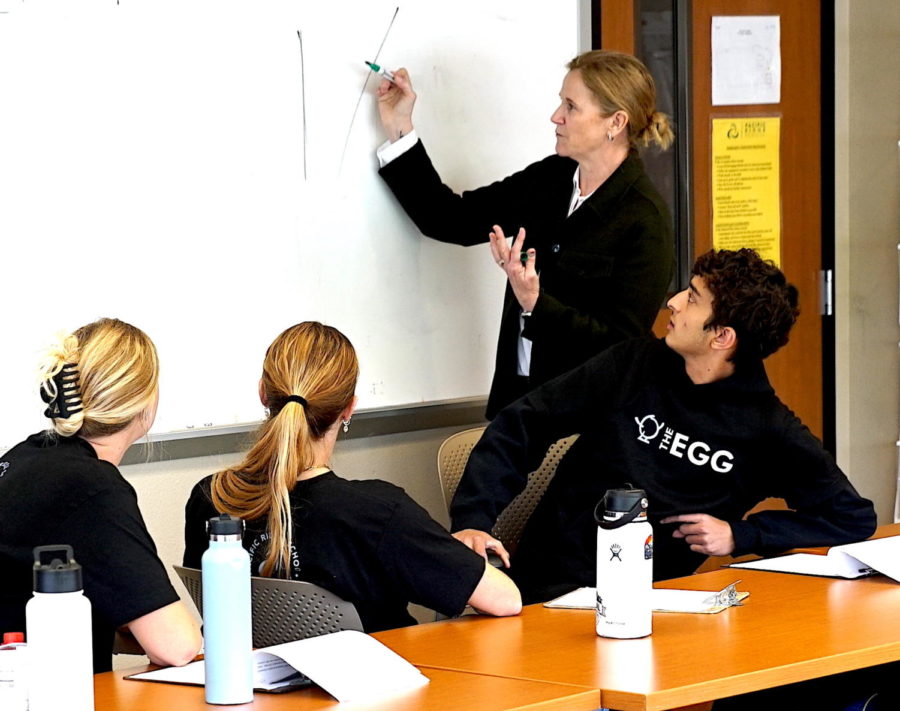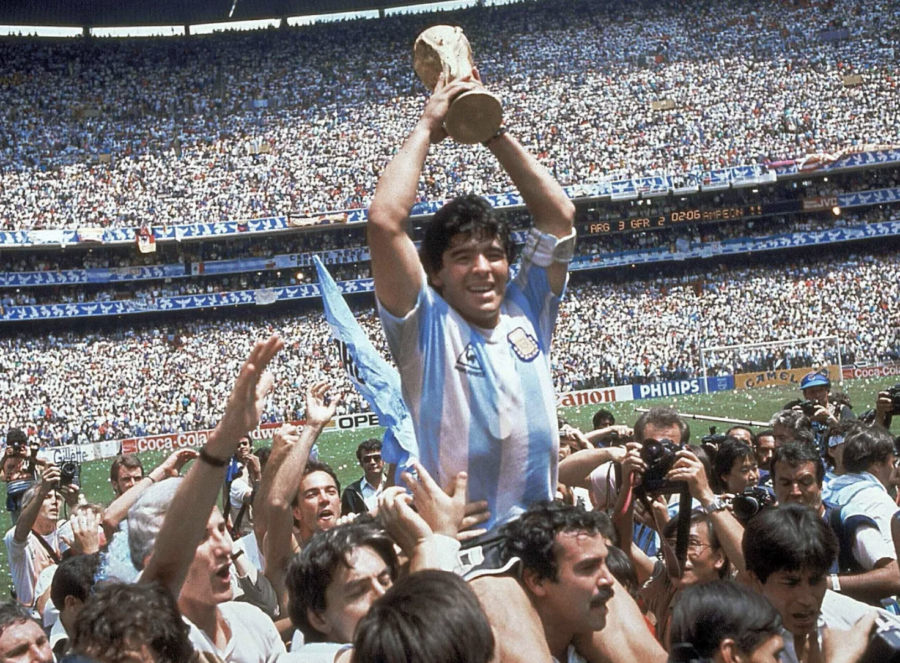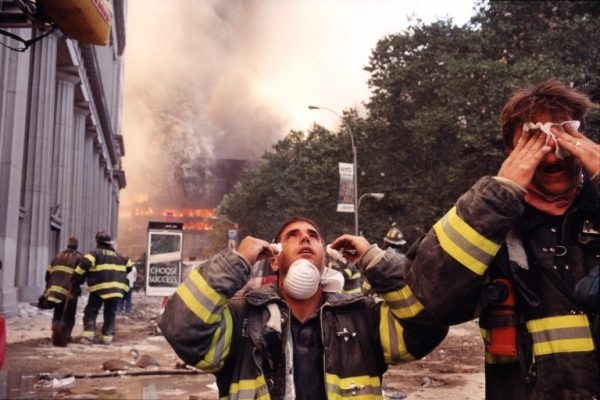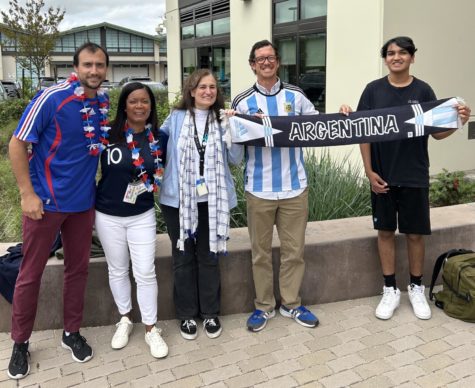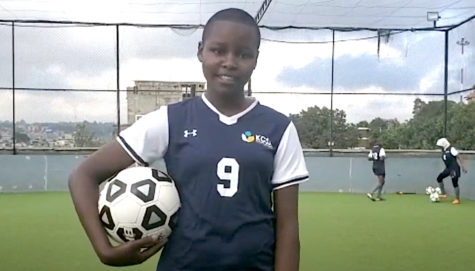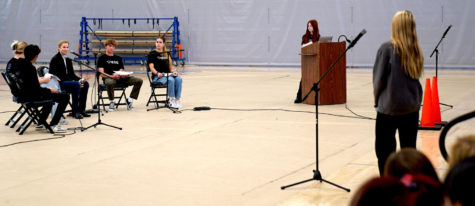Jill Ellis at PRS: Part 1
Winning the FIFA Women’s World Cup (Twice) & Preparing Players for Success
Question #1: What’s it like to win a World Cup?
Well, it’s hard to put into words, really. You can see a lot of emotion, but it’s hard to summarize. It was just such an incredible day, incredible moment. I think, you know for the first one, it was just this, partly a massive relief, really. It was just so much pressure. It had been sixteen years since we’d won a World Cup, and our fans, our generation of players, really deserved it. It was just something that was incredibly special and felt very rewarding.
Question #2: Was it more special to win the first time around or to repeat as world champions?
Ooh, that’s a great question. I think I’ll just say 2015 was kind of this relief because the country and these players, some of them were ending their careers and they’d never won a world championship, so I think it was a relief for them. 2019 actually felt more gratifying, just because it had come on the back end of—we’d had some pretty big failure in 2016, so we’d won, we’d lost—and so we rebuilt, and just to see this process, you go through change, which is very hard. But to come through this process and then finish it off with something as special as going back-to-back, I think 2019 was pretty amazing. And it was harder, we had to play against the home country in France, and they were very, very good. So those were some really tough games.
Question #3: As a coach, how do you prepare your players mentally to perform under pressure at the highest levels?
You know as a coach, when you go into those big moments—we call it the cooker, right, you go into the pressure cooker—and I think as a coach what you want to try to do is get people in their performance zone as easily as possible. So when you go into those moments it’s building their confidence, it’s making sure they’re prepared. I mean I know as a player and as a coach, preparation gives me confidence. We were an incredibly well prepared team. I think our staff did a terrific job, so I think that gives the players—in that pressure cooker moment, when their mind is foggy and there’s 50,000 or 60,000 people in the stands—they’re able to lean on the things that we’ve done at training, they’re able to lean on the repetition. And then when you actually talk to them—you know, there are different styles of coaching, like I’m not someone that’s gonna get in their face, you know before the World Cup Final. So I just said to them, “You guys are built for this, you’re made for this, you’re ready for this.” It’s just reinforcing where you are, because even elite athletes have moments of doubt.
Question #4: How do you create a team culture that is both competitive and supportive?
I think it’s built on trust. When you come into that environment, especially the young players coming in—I mean the established players on the pitch, they’re literally their heroes—so you have to socialize pretty quickly for everyone to realize that, whether they’re 35 or 18, they are one team. And it’s also about giving the license to compete, meaning we go out, get after it and train–and what I remind them is that the harder we push each other here, the more intensive our trainings are, the action when we get out on the field against our opponent we’re gonna be ready, we’re gonna be steel, and we’re going to be ready to go. So I think there’s this practice, this license to go really really hard, get after it, but know that you walk off the pitch afterward and you’re friends and you put it aside. Our mantra going into 2019 was “mission matters most,” so it’s not about you as the individual, it’s not about what baggage you have, what thoughts you have, it’s really about—everything is about—getting this team collectively across the line. And when you build that trust, players can go out and they know they gotta fight for each other’s positions and are competing against each other, but when you get out there against your common opponent it really is this galvanized moment of just one team.
For Jill Ellis at PRS: Part 2 (Player Development, Team Building & Education On and Off the Field), click here.
To return to the top page of Jill Ellis at PRS, click here.
To read about the experiences of PRS student journalists when staging the Jill Ellis event, click on the following links for reflections by Gwen Laats, Mykelle Brainard, Nolan Agresti and Evan Buchholtz.

